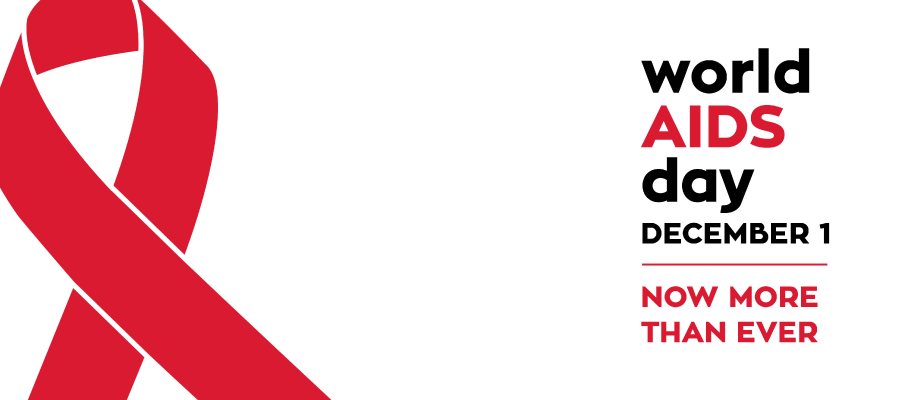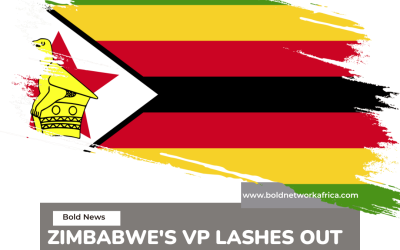
THE THEME: END INEQUALITIES. END AIDS. END PANDEMICS
Today, 1st December 2021, marks the day to exercise inclusivity & visibility and commemorate the survivors of the long and enduring health pandemic the world has ever seen. Since the first case was reported in 1981, the day was later sent aside by World Health Organization in 1988 (WHO). In Kenya, it was first reported in 1984 and has even led to the country holding the joint third-largest HIV epidemic in the world (alongside Tanzania) with 1.6 million people living with HIV in 2018.1In the same year, 25,000 people died from AIDS-related illnesses. While this is still high the death rate has declined steadily from 64,000 in 2010 (UNAIDS, 2019).
HIV – the basics
Human Immunodeficiency Virus (HIV) is a virus that lives and reproduces in the human body. If untreated, over time HIV destroys part of the immune system, rendering it ineffective. When the immune system is sufficiently depleted it can no longer overcome infections and illnesses. When a person contracts two HIV illnesses simultaneously they are given an Acquired Immunodeficiency Syndrome (AIDS) diagnosis.
HIV/AIDS in Kenya
The population of people suffering from HIV/AIDS has a prevalence among sex workers, men who have sex with men, young men, women, and people who inject drugs.
Over the years Kenya has taken steps to reduce these numbers by adopting new and simpler ways of testing, the introduction of PreP (Pre-exposure prophylaxis a pill used by those at high risk of contracting the virus), giving free condoms, preventing mother-to-child transmission, HIV education, and awareness, ARTs (Antiretroviral) distribution to those in need. Regardless of these efforts, Kenya has still been reluctant to take the crucial step of adopting policies that could drastically reduce these numbers; Since policies such as 162 and 165 sections of the Kenyan, Penal code exists, punishing sodomy and gay sex. Such archaic colonial laws go against the same constitution that gives everyone their bill of rights.
This contradiction and non-clarity in the constitution have brought about stigma discrimination and lack of basic needs for the queer community failing to recognize this group is going against the same agenda of alienating this pandemic in Kenya and other countries as well.
Between 2010-2014, the Kenyan government prosecuted 595 cases of homosexuality. The current law, coupled with the deeply entrenched social attitudes that it fuels, stops many men who have sex with men or people who are LGBT from accessing HIV services. This results in the minority groups being separated from accessing health services -creating inequality that is unconstitutional.
World AIDS Day is therefore a time to remind ourselves and encourage everyone to treat those living with HIV with respect and promote great inclusivity to work towards a community that is free from stigma and discrimination against gay, transgender, lesbians, non-binary, and gender-fuck folks.
The theme this year shows urgency in eradicating the longest pandemic in the history of world pandemics by 2030 according to the UNAIDS agenda. We recommend the lawmakers and judiciary make intentional and relevant steps to END INEQUALITIES. END AIDS. END PANDEMICS.







Recent Comments